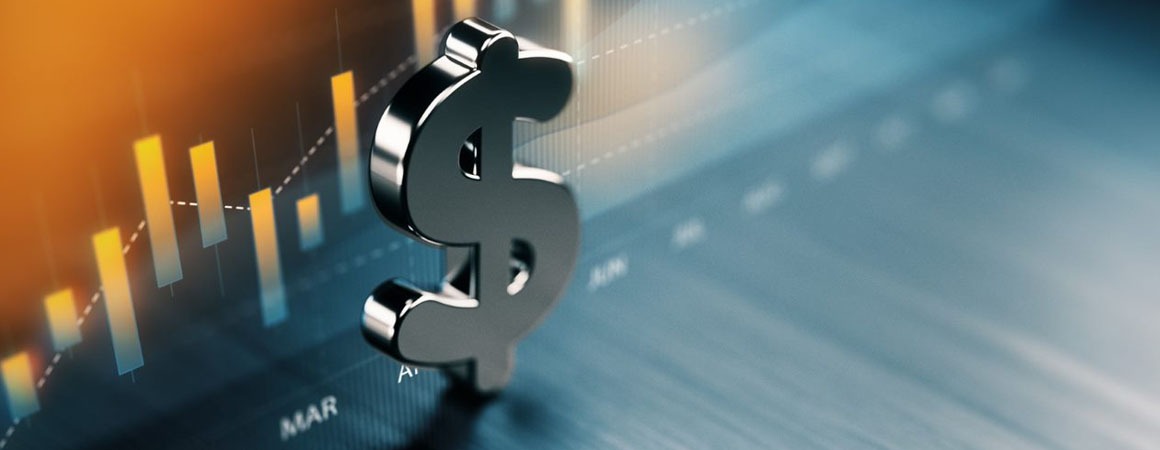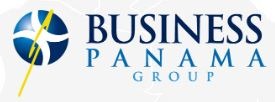Money Matters in Panama

Currency
Panama does not print bank notes, so since 1904 the US dollar has been the legal tender and US coins interchangeable with Panamanian coins of the same denominations, similar sizes and metals are used. The dollar bill is called the Balboa, cents are centavos.
Prices are often written with USD dollar sign ($) or B/.before the amount. Large denomination dollar bills can be difficult to change in Panama, particularly outside Panama City. Even for USD 50 bills you may be asked to sign a book and give your passport number (most of places will even ask you to photocopy your ID). USD 20 bills are the most convenient, but in country areas where prices are low you are advised to carry smaller bills.
Exchange
With the exception of the Banco Nacional counter at Tocumen International Airport, it is only possible to exchange foreign currency at exchange houses (casa de cambio). You will find some in Panama City but few in the rest of the country.
Travellers’checks are infrequently received in Panama, particularly those in currencies other than US dollars. American Express Travellers’checks are preferred. Credit cards The use of credit cards is rapidly increasing, particularly in hotels, restaurants and travel agencies in the major cities. Cash advances can be difficult although Banco Nacional is helpful and transaction amounts are limited. Credit cards are accepted in almost all department stores and boutiques. Even for buying tickets for concerts and other events.
ATMs
These are increasingly available throughout Panama. Look for signs that show links to Cirrus and Plus in addition to Mastercard etc. Amounts that can be withdrawn vary from bank to bank. Mostly, the ATM machines allow you to conduct withdrawals of USD 1,000.00 per day, but this can vary depending on the banks policies.
Taxes
According to Act 8 of 15 March 2010, which amended the Fiscal Code, the air, sea and land transportation companies, as well as passengers, shall pay ITBMS tax. In Panama, 7 percent of ITBMS is charged on public entertainment, events, seminars, conferences, lectures and artistic, professional and sport presentations in general that are not free and whose annual incomes are over USD 36,000. The importation and sale of alcoholic beverages, as well as hotel or lodging services, jewelry and weapons will pay 10 percent of ITBMS. Tobacco derivatives (such as cigarettes, cigars, and snuff) will pay 15 percent of ITBMS. Cable TV, microwave, satellite and mobile phones will pay 5 percent of ITBMS, Communications.
Telephone
The country code for Panama is 507. Based telephone numbers are 7 digit numbers and cellphones are 8 digits. There are no city codes. The three main service providers are Cable & Wireless, TeleCarrier (CableOnda) and Telefonica, although since deregulation this is changing. Blue public telephones usually require plastic cards (tarjetas) purchased in various denominations from markets or other businesses and can be used for local or international calls.
Local pay phones accept coins for local calls. Internet cafes, found in most major towns, offers internet communication services. Major hotels provide internet, international telephone and fax services. In some parks and near schools, there is also free wi-fi internet. Fax services are also available at Cable & Wireless offices throughout the country. Cellular networks both have plan and prepaid services including 4G internet. Among the major operators are Digicel, Movistar, Movi+ and Claro.
Postal Service
Stamps may be purchased from your hotel or a post office. To send or receive important items, it is preferable to use a courier service.
The BusinessPanama Group together with Pardini & Asociados
Provides a convenient One Stop Shop offering the services of:
Setting up the company or branch
Applying for visas & residence
Real estate brokerage for locating office or housing
Legal services
Accessing special tax incentives
Relocation services
Assistance with opening bank accounts.
For more information, please contact us.
